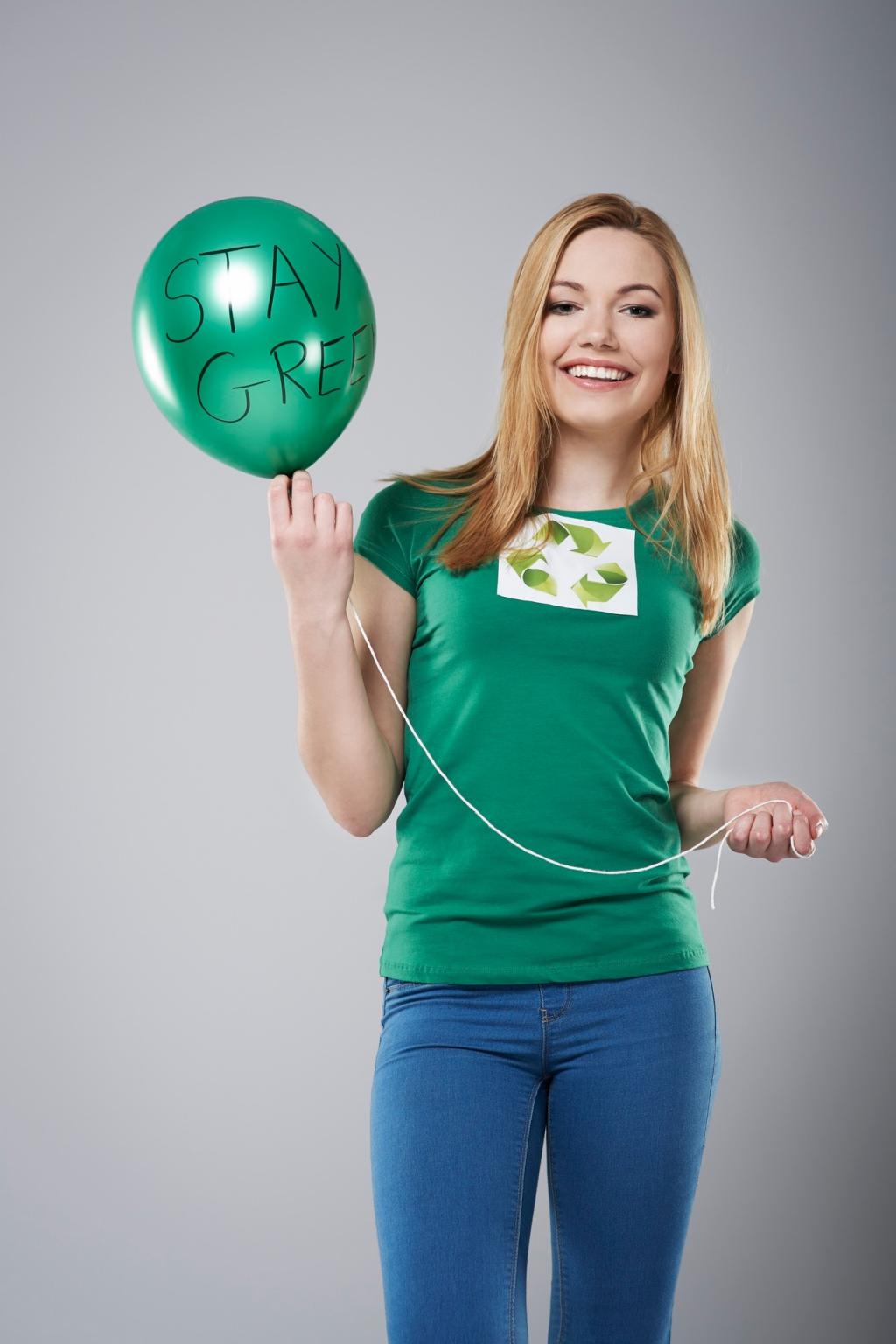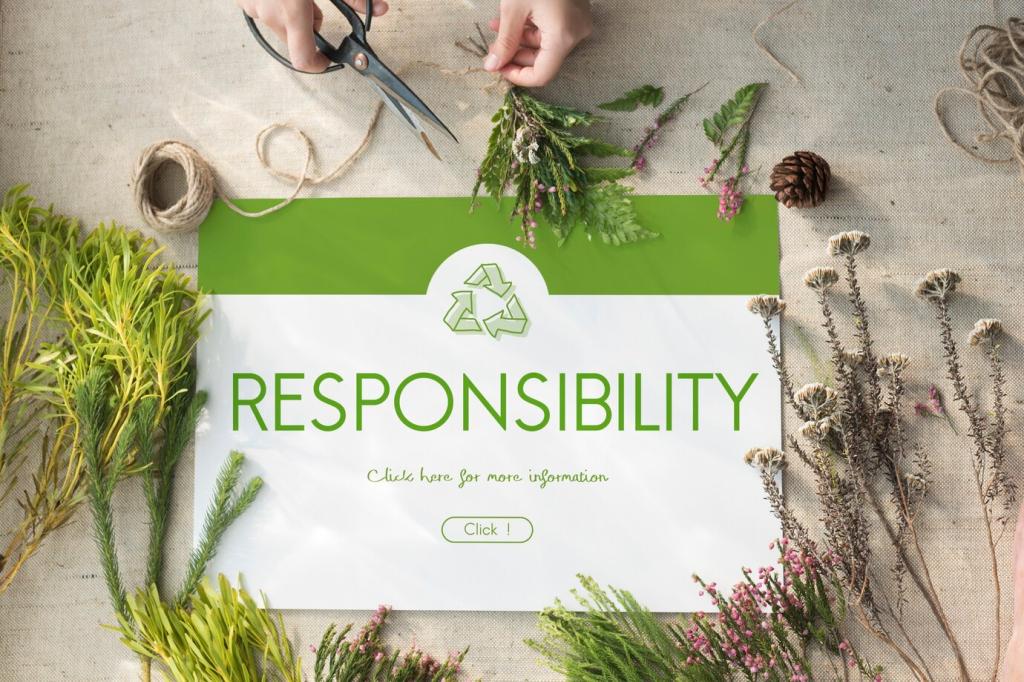
Latest Trends in Sustainable Fashion
The world of fashion is rapidly evolving, and sustainability is now at the forefront of this transformation. Brands, designers, and consumers alike are increasingly concerned about the environmental and ethical impact of clothing production and consumption. From innovative materials to new business models that challenge the status quo, the latest trends in sustainable fashion go beyond just eco-friendly fabrics—they represent a holistic shift in how fashion is conceived, produced, marketed, and worn. This comprehensive overview delves into the groundbreaking movements shaping a greener, more ethical, and forward-thinking fashion industry.
Previous
Next
Eco-Conscious Materials and Fabric Innovations
Regenerative agriculture goes beyond simply sustaining the environment; it aims to reverse damage by restoring soil health, enhancing biodiversity, and capturing carbon. Fashion brands are increasingly sourcing materials such as cotton, wool, and flax from farms practicing regenerative methods. This results not only in higher-quality raw materials but also in a significantly lower environmental footprint. Brands leveraging regenerative sources often incorporate transparency and traceability into their supply chains, offering consumers full visibility into the origins of their garments and their positive impact on the land and communities involved.

Clothing Take-Back and Recycling Programs
Fashion brands are investing in large-scale take-back and recycling programs to address the escalating issue of textile waste. By inviting customers to return worn garments, brands can process these items into new fibers or entirely new products, effectively closing the production loop. Advanced sorting and fiber separation technologies are making it possible to recycle mixed materials efficiently, thus increasing the scalability of these initiatives. Such programs not only divert tons of textile waste from landfills but also reinforce consumers’ sense of participation in a more sustainable fashion ecosystem.

Rental, Resale, and Subscription Services
The shared economy has taken hold in fashion through the burgeoning popularity of rental, resale, and subscription services. Companies specializing in these models allow consumers to access quality clothing for special occasions, trade in pre-loved pieces, or continually refresh their wardrobe without buying new products. These businesses combat overproduction and overconsumption by extending the useful life of garments and making higher-end fashion more accessible. The appeal is particularly strong among younger consumers who prioritize sustainability and value over sheer ownership.

Design for Disassembly and Longevity
Another major trend is the shift towards designing clothing with its end-of-life in mind. Garments are now being constructed in ways that allow for easy disassembly, making it simple to recycle materials or repair pieces for extended use. Designers focus on durability, employing higher-quality construction techniques and timeless aesthetics that transcend fleeting trends. This approach minimizes waste while empowering consumers to make purchases confident in their lasting value, which is redefining both creativity and responsibility within the fashion industry.
Transparent Supply Chains and Ethical Practices
Emerging technologies like blockchain are enabling unparalleled transparency in the fashion supply chain. Brands can now track each step of a garment’s journey, from raw material sourcing through every stage of production and distribution. Digital traceability provides consumers with verifiable information on labor conditions, environmental impacts, and certifications. This not only builds trust and loyalty but also encourages broader industry accountability as brands open their processes to public scrutiny.
Previous
Next
